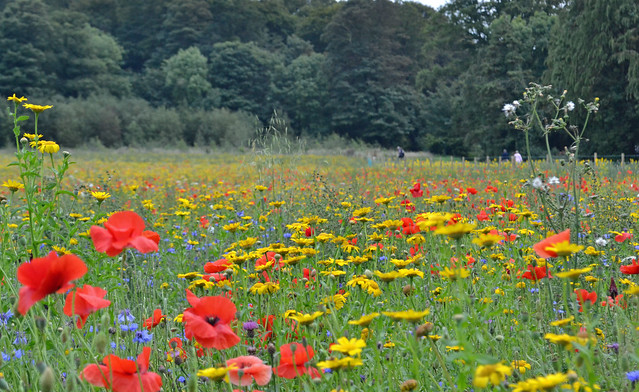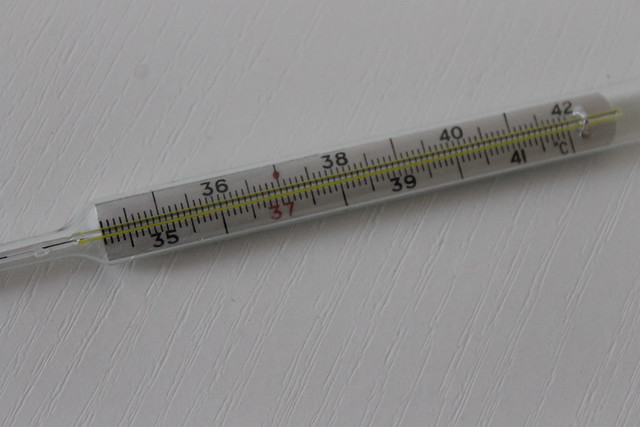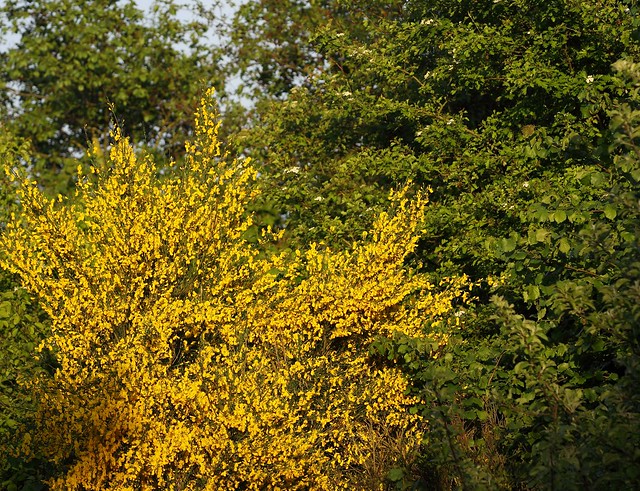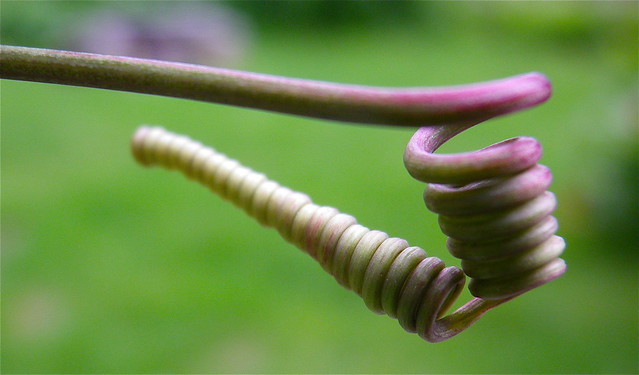Words for to buy, purchase and related words in Celtic languages.

| Proto-Celtic | *kʷrinati = to buy |
|---|---|
| Old Irish (Goídelc) | crenaid [ˈkʲrʲeniðʲθ] = to buy, purchase, sell do·aithchren = to redeem, ransom fo·cren [foˈkren] = to buy, purchase, hire in·cren = to buy |
| Middle Irish (Gaoidhealg) | crenaid = buys, obtains, sells, dispenses do-cren = purchases do-aithchren = buys back, redeems fo-cren = buys, purchases, pays, hires, recompenses |
| Irish (Gaeilge) | crean [cɾʲanˠ] = to obtain, purchase, bestow, spend |
| Scottish Gaelic (Gàidhlig) | crean = to consume, remove, purchase, marketplace (obsolete) |
| Proto-Brythonic | *prɨnad = to buy |
| Middle Welsh (Kymraec) | prinit, prynnu = to buy |
| Welsh (Cymraeg) | prynu [ˈprənɨ / ˈprəni] = to buy, purchase, exchange, redeem, ransom prynu cath mewn cwd = to buy a pig in a poke prynedig = bought, purchased, redeemed prynedigaeth = redemption, buying, purchase prynedigol = redeeming, redemptive, redeemed prynwr, prynydd = buyer, purchaser, customer, redeemer prynwriaeth = comsumerism, redemption prynwriaethol = comsumerist |
| Middle Cornish (Cernewec) | prenne = to take, buy, purchase, redeem, expiate, pay for |
| Cornish (Kernewek) | prena = to acquire, buy, purchase prena kath yn sagh = to buy a pig in a poke prenas = purchase prenassa = to go shopping, to shop prenasser, penassores = shopper prener = buyer, customer, purchaser |
| Old Breton | prenaff = to buy |
| Middle Breton (Brezonec) | prenaff = to buy prener, prenouréss = buyer |
| Breton (Brezhoneg) | prenañ = to buy dasprenañ = to redeem rakprenañ = to pre-purchase prener, prenerez = buyer prenadenn = acquisition prener = buyer |
Etymology: from the Proto-Indo-European *kʷrinéh₂ti, from *kʷreyh₂- (to buy) [source]. Words from the same PIE root include क्रीत (krīt – bought, purchased) and क्रेता (kretā – buyer, purchaser) in Hindi [source].
| Old Irish (Goídelc) | cennach = bargin, purchase, transaction cennaigid = to buy, purchase |
|---|---|
| Middle Irish (Gaoidhealg) | cennach = bargin, transaction, compact cennaigid = buys, purchases, redeems, saves cennaigtheóir = redeemer |
| Irish (Gaeilge) | ceannaigh [ˈcan̪ˠəɟ/ˈcan̪ˠə/ˈcan̪ˠiː] = to buy, purchase, redeem, suborn, bribe ceannach = purchase ceannachán = purchase, purchased article ceannaí = buyer, purchaser, dealer, merchant ceannaíocht = buying, purchasing, dealing, trading ceannaitheoir = buyer, purchaser, redeemer |
| Scottish Gaelic (Gàidhlig) | ceannaich [kʲan̪ʲɪç] = buy, purchase ceannach = buying, purchasing, purchase, trading, commerce, trade, reward, bribe |
| Manx (Gaelg) | chionnys = to buy. compel chionnaghey = to buy, purchase kionnee = to buy kionnaghey = to buy, buy in, buying, purchase, purchasing, redeem kionneeaght = buy, merchandise, purchase, traffic, redemption |
Etymology: from the Old Irish cenn (head) and -aigid (suffix that turns a noun into a verb) [source].
Words marked with a * are reconstructions.
Sources: Wiktionary, Am Faclair Beag, Online Manx Dictionary, Teanglann.ie, eDIL – Electronic Dictionary of the Irish Language, In Dúil Bélrai English – Old Irish glossary, Geiriadur Prifysgol Cymru, Gerlyver Kernewek, Gerlyvyr Cernewec, Dictionaire Favereau, TermOfis, Le dictionnaire diachronique du breton, Geriafurch, English – ProtoCeltic WordList (PDF), Etymological Dictionary Of Proto Celtic











